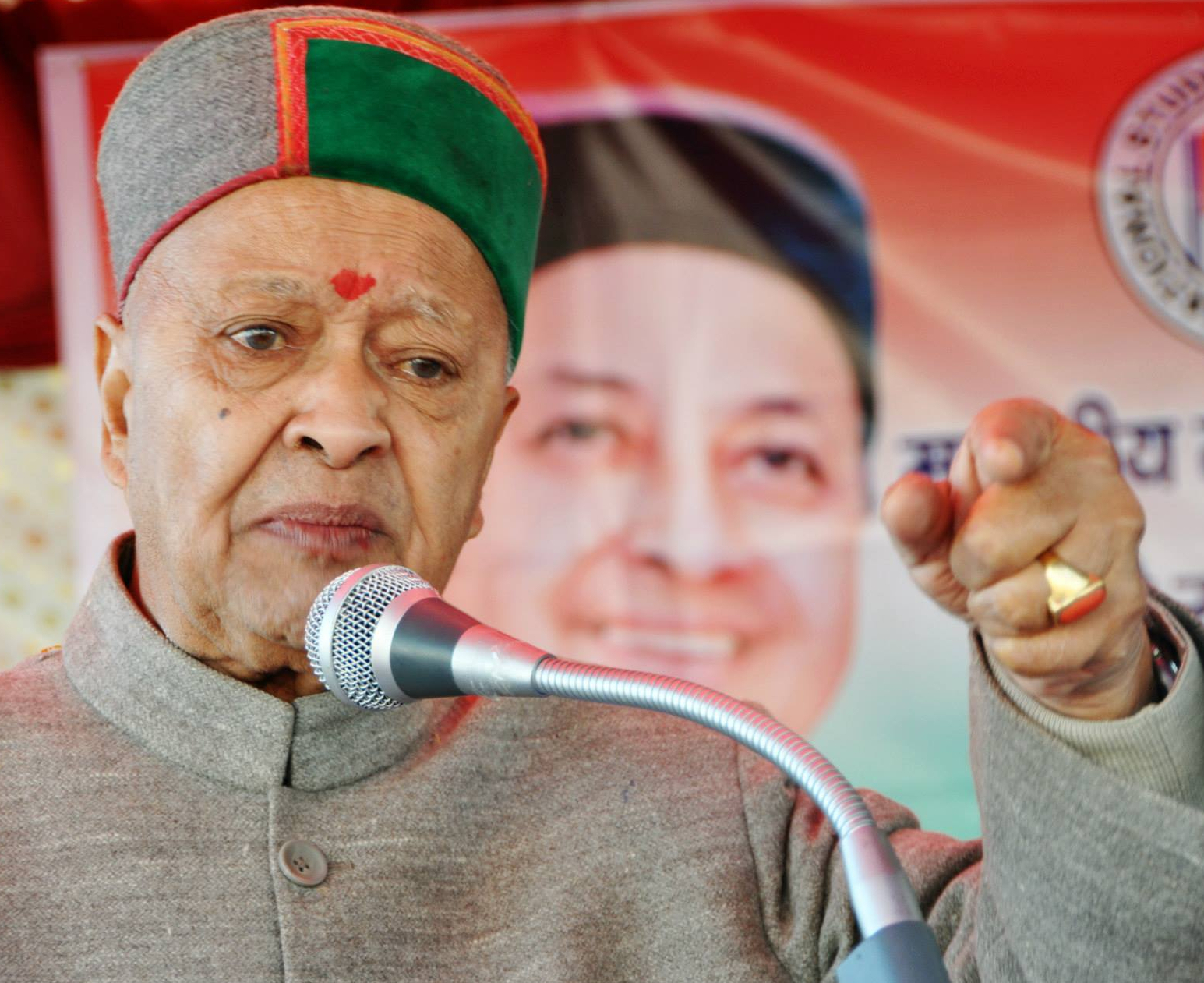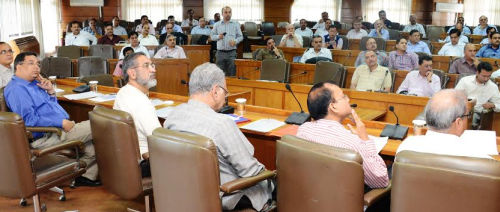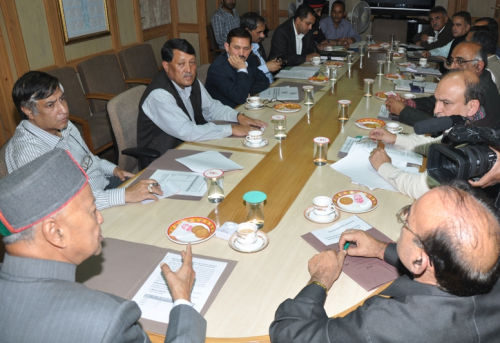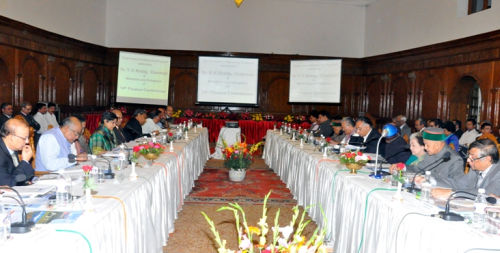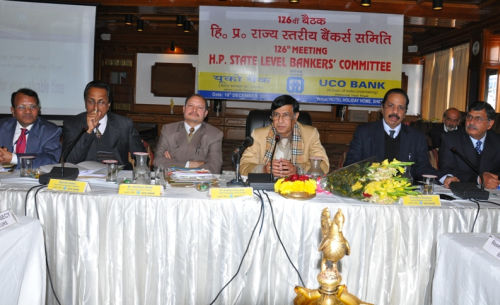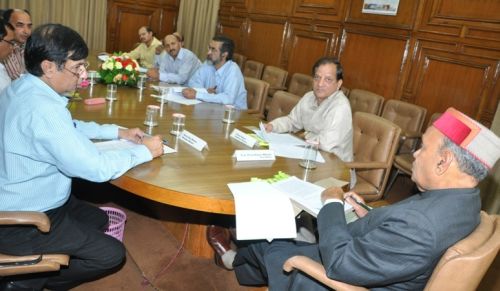State level workshop on Implementation of UN-AID supported, ‘GOI-UNDP Climate Risk Management Project in Urban Areas Disaster Preparedness and Mitigation’ held in Shimla. Additional Chief Secretary Deepak Sanan presided over the workshop. Sanan said that Municipal Administration should have institutional understanding of the hazards that affects local populace besides sound infrastructure to facilitate the citizens and also capacity and strength for effective disaster management and mitigation.
Sanan said that disaster could be mitigated to a certain extent through preparedness but it was essential to change collective behaviour for better results. He said that disaster management was the only partial solution to the disaster mitigation but it was more important to change the mindset of the masses. He said that disaster risk assessment was one of the most important steps to design suitable measures for reducing the risk of disaster in urban areas. He said that relevant measures for urban risk reduction include strengthening of institutional and legal framework at the local level. He said that to ensure good governance and capacity building of various stakeholders was equally important. He said that most of the urban areas are prone to multiple hazards like earthquake, industrial accidents and fire. He said that City Disaster Management Plan should be prepared in a consultative manner evolving all the stakeholders.
Additional Chief Secretary said that building capacity of community members in an effective response would go a long way in reducing risk of disaster. He said that special efforts should be made to mobilize volunteers from NSS, Civil Defence, Welfare Society, sanitary workers and health workers, NGOs etc. He said that training should be provided to these volunteers on basic search and rescue, first aid, fire fighting, relief distribution etc. He said that efforts should also be made to carry data base of these volunteers and institutions so that these volunteers could be trained periodically and mobilize in a systematic manner. He said that early warnings system should be strengthened since it was important that it addresses the need at once. He said that guidelines and practical should be developed for speedier and timely preparedness as well as ensuring effective disaster response.
Sanan said that knowledge sharing workshop should also be organized to share good practices as well as to tapping the knowledge available with various experts and institutions. He said that information, education and communication material should also be developed and disseminated among the masses for general awareness regarding effective disaster management and mitigation.
G. Padmanabhan, Emergency Analyst, OIC, DM Unit UNDP while detailing the salient features of the Project said that main objective of this project was to reduce disaster risk in urban areas by enhancing institutional capacity besides enhancing, community capacity to manage climate risk in urban areas by enhancing the preparedness.
M.P. Sood, Commissioner, Municipal Corporation, Shimla also detailed various activities being carried out by the Corporation for effective disaster management and mitigation.
R.K. Sharma, Engineer-in-Chief, IPH, Subhashish Panda, Deputy Commissioner, Shimla, Reshmi, Regional Programme Officer, UNDP, representatives of Health, IPH, Public Works, Education Departments and representatives of various NGOs participated in the workshop.
Shimla is among the six cities in the country where this project is being implemented under aegis of Disaster Risk Reduction Programme. Under this project Shimla will get $1210000 aid and would be implemented from October this year to September, 2015.


